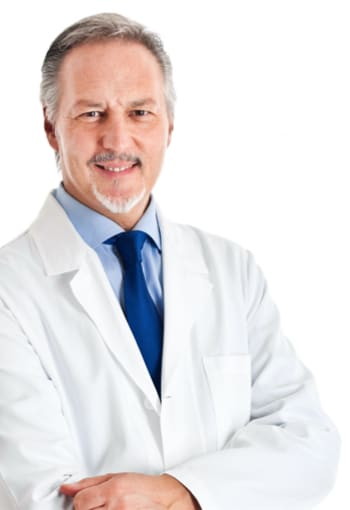Oropharyngeal Cancer and Human Papillomavirus (HPV)
Human Papillomavirus (HPV) is the most common sexually transmitted infection in the United States. While HPV can spread through direct contact between the genital areas, it also can be transmitted to the mouth and throat. Oral HPV can lead to cancers of the oropharynx (the area at the back of the throat, including the tonsils and back of the tongue). These cancers are called oropharyngeal cancers.
The CDC reports that HPV causes as much as 70 percent of oropharyngeal cancer in the United States.

OMS Voices Preview: Oral Cancer and the OMS
Oropharyngeal Cancer Symptoms
The interval between exposure to HPV and development of an HPV-related cancer can take years. This requires attention to unexplained symptoms, such as a long-lasting sore throat. Other symptoms include:
- Hoarseness
- Pain while swallowing
- Swollen lymph nodes
- Earaches
- Unexplained weight loss
Some also may experience no symptoms.
It is unknown whether having HPV is enough to cause oropharyngeal cancer on its own or if other factors (such as chewing tobacco, smoking or drinking alcohol) could interact with HPV to cause cancer.

OMS Voices Preview: What to Do When You Find a Bump in Your Mouth
Preventing Oropharyngeal Cancer
While the HPV vaccination was designed to prevent cancers of the reproductive system, it also protects against types of HPV that can cause oropharyngeal cancer. It is believed the HPV vaccine may help prevent oropharyngeal cancer, but not enough time has passed for an conclusive epidemiological study.
Because the HPV vaccine prevents new HPV infections, it is most effective when given before any exposure to HPV. The CDC recommends the vaccine be administered when children are 11 or 12. Teens and young adults who have not been vaccinated should discuss the HPV vaccination with their doctor, as the vaccine is recommended for everyone 26 and younger. In some select cases, it may be beneficial to older patients.
Other ways to reduce the risk of oropharyngeal cancer include:
- Using condoms and dental dams to reduce the risk of spreading HPV.
- Avoiding alcohol and tobacco products.
Find an OMS Near You
Oral and maxillofacial surgeons are experts in face, mouth and jaw surgery, including the treatment of oropharyngeal cancers. Patients who experience any of the mentioned symptoms or who believe they are at risk for oropharyngeal cancer should find an OMS for a consultation.

